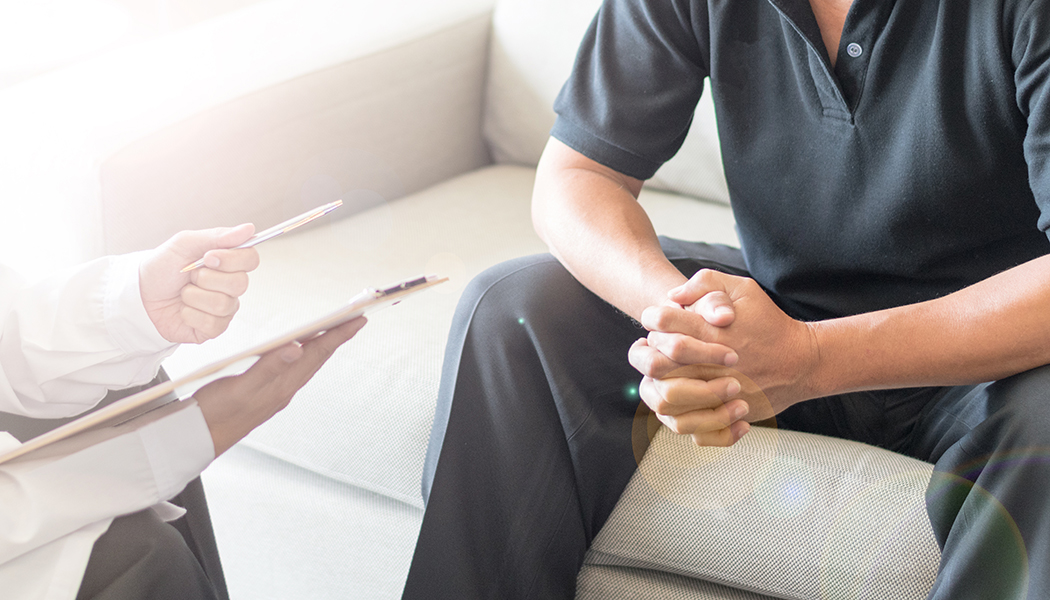How Valuable Is A Second Opinion?
“Can I get a second opinion?” is part of the popular lexicon; having branched out from a doctor-patient query, the phrase can now be used in just about any situation involving a potentially bad outcome. But if we get back to the saying’s origin, and when a diagnosis of cancer is involved, when should a patient seek a second opinion? How should people go about it?
The When
In most instances of cancer, there is a lag-time between diagnosis and treatment. This gives the patient a window to seek out a second opinion, and to think about and research available options. That being said, there are diagnoses where the threat is so imminent that there may not be time to consult a second physician.
The Why
While some patients may worry that asking for a second opinion can be insulting to their doctor, nothing is further from the truth; it is a perfectly normal part of the diagnosis process. In fact, it may even be required depending on a person’s health insurance. But beyond these nuts-and-bolts issues, a second opinion can act as a confirmation of initial results (particularly if the cancer is rare), focus inconclusive test results, may be necessary if the first-round doctor is not a specialist, narrow (or expand) the treatment options, or be done if the patient simply feels more comfortable with another medical practitioner. A second opinion can also determine or confirm if a cancer has spread. On occasion, a first-round exam may leave a doctor uncertain, and a second is needed to make a correct diagnosis.
The How
Asking for a second opinion is a legal right. But if a patient still fears the social awkwardness of “second guessing” a doctor’s medical findings, CancerCare.org suggests such tactful questions such as:
- “I respect your opinion, but I would like to speak with one other expert before starting your recommended treatment. How can I proceed?”
- “I need the reassurance of a second opinion and I’d like to talk with another doctor to be sure. What is the next step?”
- “This is all so new to me and I feel that a second opinion could help give me clarity.”
The National Foundation for Cancer Research also offers it’s Cancer Patient Navigation Hotline that can be very helpful in receiving a second opinion. Patients can connect with a medical team online who will establish a time to speak with them, answer questions they may have and provide second opinion information.
The Who
Most doctors will have a ready list of peers to whom a patient can refer, as will health insurance companies. Simple word-of-mouth can be a source as well. However, if a patient’s diagnosis involves a rare or obscure type of cancer, a specialist should be the go-to.
The If
Second-opinion findings are usually in line with the first diagnosis, but that is not the rule. In the event a second opinion yields a different result, patients are advised to go back to their primary physician to discuss the difference. A third opinion may be necessary. And patients should know that second or third opinions do not mean they have to switch doctors.
References
American Cancer Society. (2019). Seeking a Second Opinion. Retrieved from: https://www.cancer.org/treatment/finding-and-paying-for-treatment/choosing-your-treatment-team/seeking-a-second-opinion.html
CancerCare.org. (2019). When To Get A Second Opinion. Retrieved from: https://www.cancercare.org/publications/264-when_to_get_a_second_opinion
MedicinePlus.gov. (2019). Your cancer diagnosis – Do you need a second opinion? Retrieved from: https://medlineplus.gov/ency/patientinstructions/000930.htm












